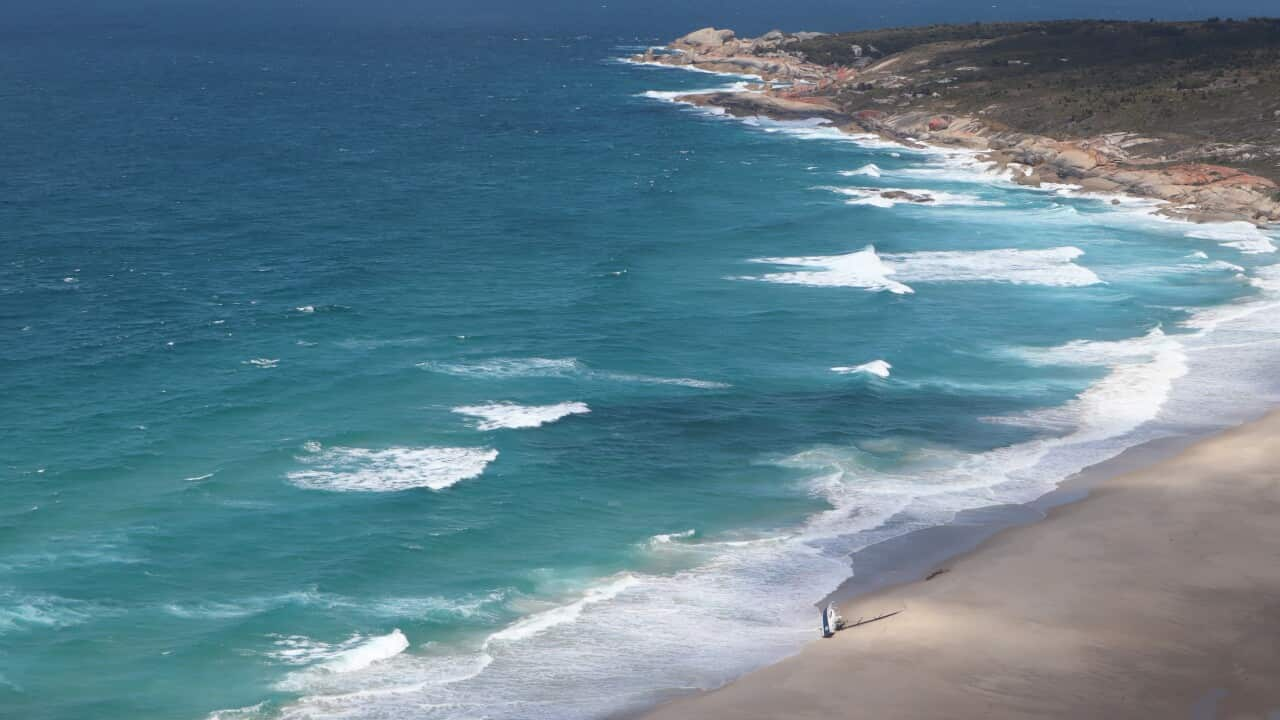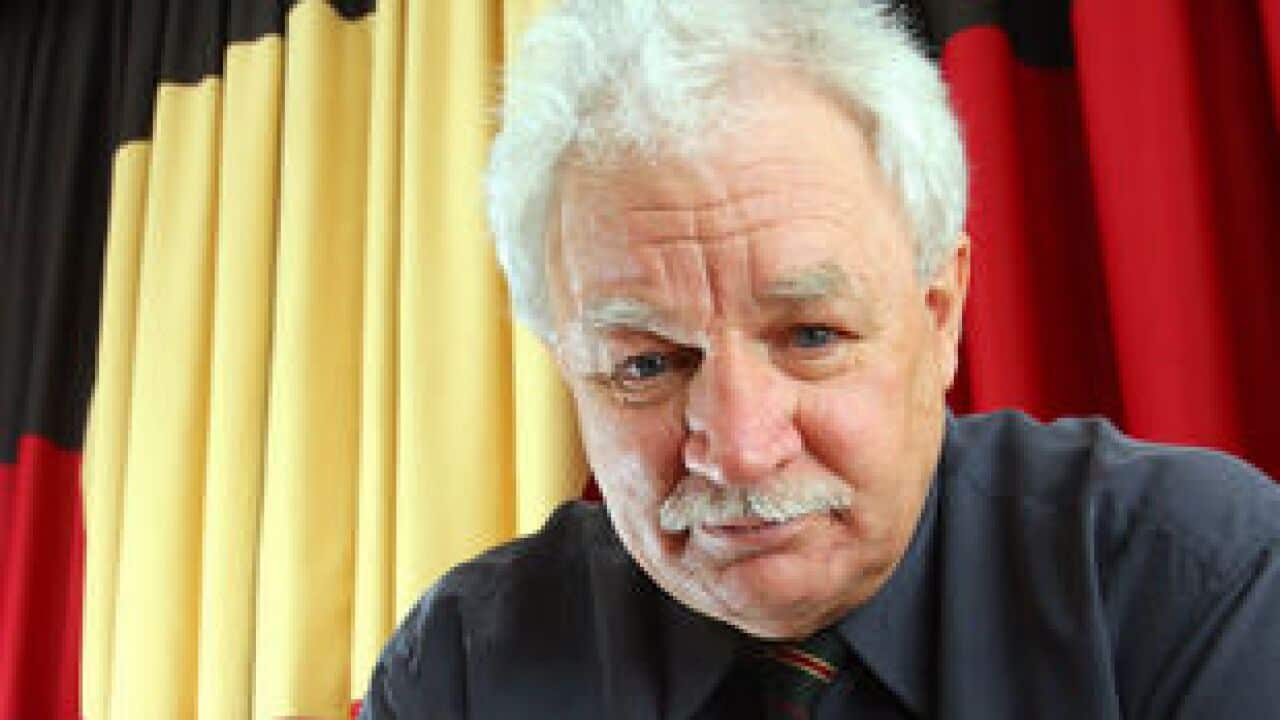Lutruwita Tasmania is dramatic country.
The island is home to UNESCO World Heritage areas, unique ecosystems, towering sea cliffs and some of the world's largest temperate wilderness spaces.
If you ask someone who knows the island's many beauties intimately to sum it up in one word, it's hard to avoid hyperbole.
"Stunning," said palawa woman Sharnie Read.
"Lutruwita is one of the most incredible islands in the world.
Ms Read works for the Tasmanian Aboriginal Centre, running a program called 'rrala milaythina-ti', or Strong in Country. She also provides Aboriginal heritage advice on behalf of the organisation.
It was in that role that she became an advisor for the premiere season of SBS's Alone Australia, a local remake of the popular North American show of the same name.
In both versions, 10 'survivalists', including three Indigenous contestants, are dropped into a remote region and left to fend (and film) for themselves.
Some would call the environment harsh, but Ms Read sees only beauty.
"Lutruwita is one of the most incredible islands in the world," she told NITV.
"These guys are privileged to be out on our land, but also the Country itself will provide if people know what it is they're looking for, how to source it and how to do that in a culturally appropriate way."

Wilderness World Heritage Area in lutruwita's south-west region. The contestants were placed in similar environs, but the exact location is secret. Source: AAP / Candice Marshall/AAPIMAGE
The struggle to work with nature
The contestants are without access to any amenities: they must survive on what is in their packs, and what they can source from the land around them.
In the cold lutruwita winter, it isn't for the fainthearted.
"They're all in wet sclerphyll forests, and rainforests, the kinds of areas adjacent to fresh water.
"Anywhere you go in Tassie, there's always bushtucker source food, plenty of plants and animals. But it is all dependant on the season.
"And when palawa people talk about season, we're not just talking about summer, autumn; we talk about the seasons of animals and plants, and winter is generally a seasons where it is harder to find food."
It is up to the individual members to decide when they want to tap out; the last person standing wins $250,000 dollars. But without knowing whether the others have called time, it is a psychological game as well.
Now in its fourth week, the show has had departures already but those who have stayed include the hundreds of thousands of viewers tuning in every week.

Sharnie Read is a Tasmanian Aboriginal Heritage Officer, and provided advice to the producers and contestants of 'Alone' Source: NITV / SBS News: Sarah Maunder
Life is our school, and the island is our classroom.
"Tasmanian Aboriginal people were able to... not just adapt to the environment, but thrive within it," she said.
"We were able to manipulate the landscape to facilitate a really good life, which is why we had over 2000 generations of Aboriginal people [in lutruwita] before Europeans arrived.
"And we lived good lives."
That knowledge of the land is something Ms Read and other palawa people have learnt from their communities.
"We share knowledge in a different way than the Western society. We don't go to school to learn. Life is our school, and the island is our classroom.
"So the more time we spend with each other out on Country, as a community, in family groups, the more we learn."
While the travails of Alone's contestants may have some viewers shivering in their boots and glad to be at home, Ms Read says it should have the opposite effect.
"Get out on Country," she said.
"That's really gives you that connection to space. You can gather a much greater, much deeper understanding and knowledge of the true history of lutruwita, of our island."
'Alone' airs Wednesdays at 7.30pm on SBS and is available on SBS On Demand after broadcast.




